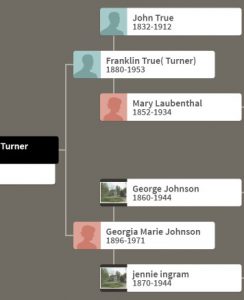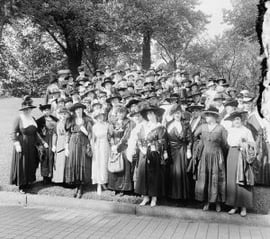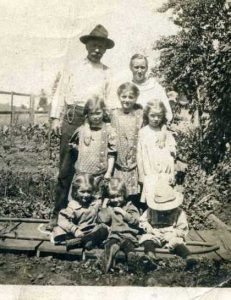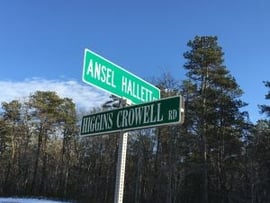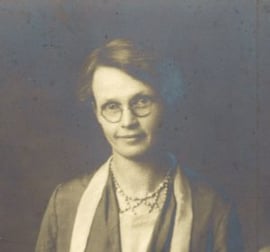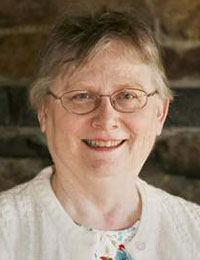In sorting out a DNA match recently, I uncovered a rather puzzling family story. On 23andme, my father’s closest “stranger match” was a person I will call “J.O.H.” She and my father shared 0.83% DNA along 5 DNA segments, for a total of 62 centimorgans, with a predicted..
Continue readingBetween 2 March 1907 and 22 September 1922, the Expatriation Act of 1907 required a woman who married a foreigner to take the nationality of her husband, and therefore she lost her own citizenship. The Cable Act (also known as the..
Continue reading →We family historians can never get enough of a good thing, right? So in the fall of 2012 when my son and his fiancée tied the knot I was thrilled for..
Continue reading →Reading Alicia Crane Williams’s post on Sex in Middlesex reminded me of another great work by Roger Thompson – Cambridge Cameos – Stories of Life in Seventeenth-Century New England, which contains forty-four sketches from the period 1651 to 1686. They are fascinating..
Continue reading →With the addition of so many newspapers to online databases, it’s been illuminating to page back through time to see so much of our ancestors’ everyday lives. For me, one of the more curious people encountered ‘in the news’..
Continue reading →What do every day landmarks within your community and genealogy have in common? Everything! Yes, that is correct, everything. Regional genealogy is all around you. The names of everyday landmarks are useful clues connecting local surnames to specific geographical..
Continue reading →I have always enjoyed musing on names and their origins. The dictionary we had in my childhood home had a back-of-the-book listing of “common English names.” I read it voraciously and repeatedly, making lists of..
Continue reading →The last of Roger Thompson’s books on my shelf, and the biggest (593 pages including index), is From Deference to Defiance, Charlestown, Massachusetts, 1629–1692. Published in 2012 by NEHGS, this is the last of Thompson’s works on three founding colonial towns – ..
Continue reading →Following up on a post by David Allen Lambert on the question of identity, a semi-related topic..
Continue reading →“It is good people who make good places.” – Anna Sewell
Like most of us discovering our family history, I rely heavily on census records. Often we come across numerous variations in the spelling..
Continue reading →